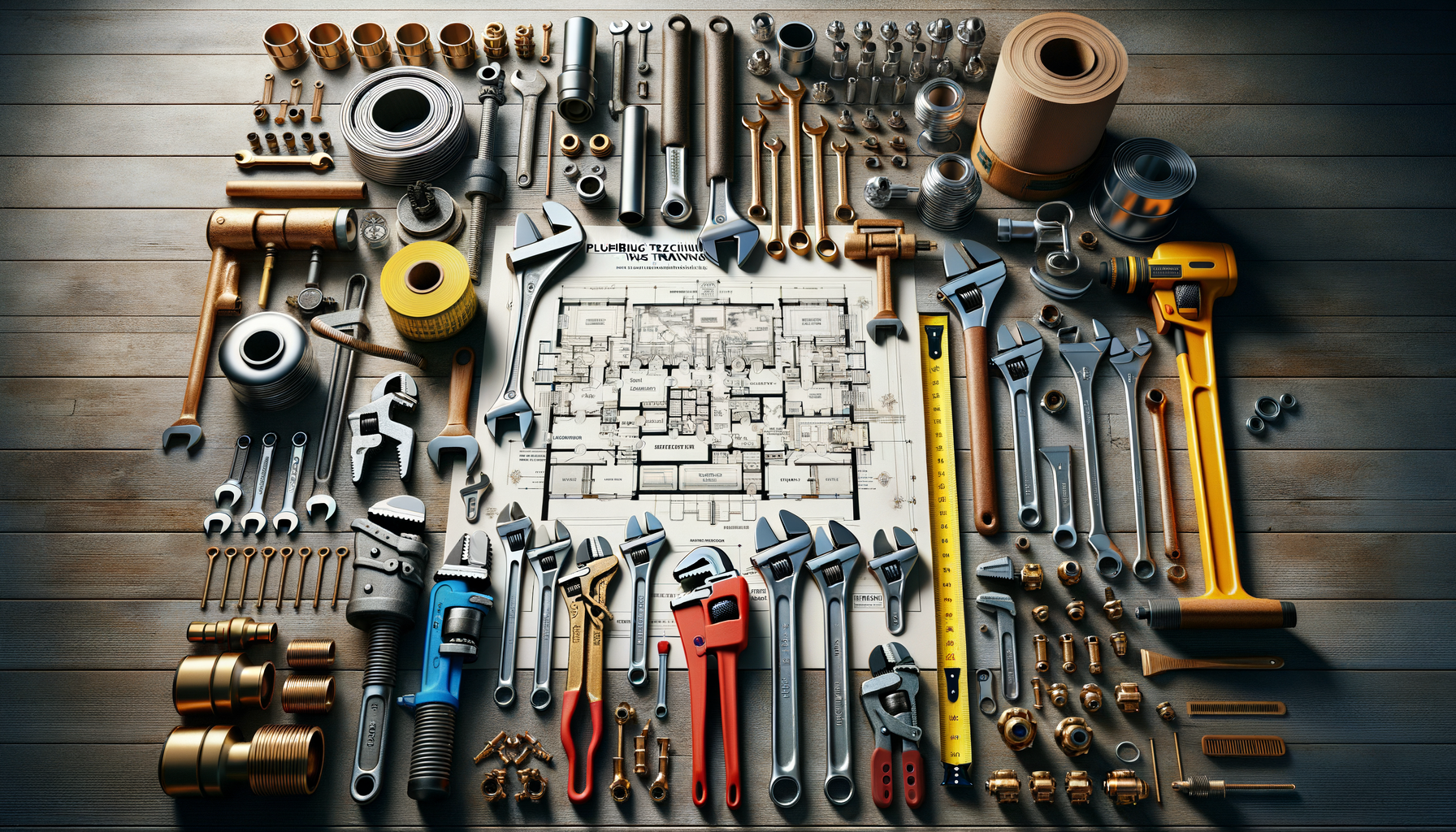
Launch a Stable Career in Plumbing Services Across the USA
Understanding the Role of a Plumbing Technician
Plumbing technicians play a crucial role in maintaining the infrastructure of our modern society. They are responsible for installing, repairing, and maintaining piping systems used for water, gas, and sewage. The importance of their work cannot be overstated, as it ensures the smooth operation of essential services in homes, businesses, and public facilities. A typical day for a plumbing technician might involve diagnosing issues, replacing faulty components, or installing new systems. Their work requires a blend of technical skills, problem-solving abilities, and a keen understanding of safety protocols.
To succeed as a plumbing technician, one must be adaptable and ready to face a variety of challenges. The job often requires working in diverse environments, from residential buildings to large industrial sites. Moreover, plumbing technicians must stay informed about the latest industry developments and technologies, which can enhance their efficiency and service quality. This dynamic nature of the job makes it both challenging and rewarding, offering continuous learning opportunities.
Plumbing technicians must also excel in customer service. They often interact directly with clients, explaining complex issues in understandable terms and providing solutions that meet customer needs. This aspect of the job highlights the importance of communication skills and professionalism in building a successful career in plumbing.
Training and Certification: The Pathway to Success
Becoming a plumbing technician requires a combination of formal education, hands-on training, and certification. Many aspiring technicians start their journey by enrolling in vocational schools or community colleges offering plumbing programs. These programs typically cover essential topics such as pipe fitting, water heating systems, and plumbing codes and safety regulations. Completing a formal education program provides a strong foundation and prepares students for the practical aspects of the job.
After completing their education, aspiring plumbing technicians often enter apprenticeship programs. These programs are invaluable, offering real-world experience under the guidance of experienced professionals. Apprenticeships usually last between two to five years, during which trainees learn about various plumbing systems, tools, and techniques. This hands-on experience is crucial for developing the skills needed to handle complex plumbing tasks independently.
Certification is another critical step in the training process. Many states require plumbing technicians to be licensed, which involves passing a comprehensive exam that tests their knowledge and competencies. Obtaining certification not only validates a technician’s skills but also enhances their credibility and employment prospects. Continuing education is also important, as it helps technicians stay updated with industry standards and technological advancements.
Career Opportunities and Growth in the Plumbing Industry
The plumbing industry offers a wide range of career opportunities for skilled technicians. With the growing demand for plumbing services, job prospects are promising, and the industry is expected to continue expanding. Plumbing technicians can find employment in various settings, including construction companies, maintenance departments, and plumbing service providers. Some technicians choose to specialize in areas such as pipefitting or steamfitting, which can lead to higher earning potential and advanced career opportunities.
Entrepreneurial-minded technicians may opt to start their own plumbing businesses, offering services to residential and commercial clients. This path requires additional skills in business management and customer relations but can be highly rewarding for those who succeed. Self-employed technicians have the flexibility to set their schedules and build a client base, which can lead to significant financial gains over time.
Moreover, the plumbing industry is increasingly embracing technology, with advancements such as smart plumbing systems and eco-friendly solutions becoming more prevalent. Technicians who are knowledgeable about these innovations can position themselves as leaders in the field, offering cutting-edge solutions to their clients. This technological shift presents exciting opportunities for professional growth and specialization.


